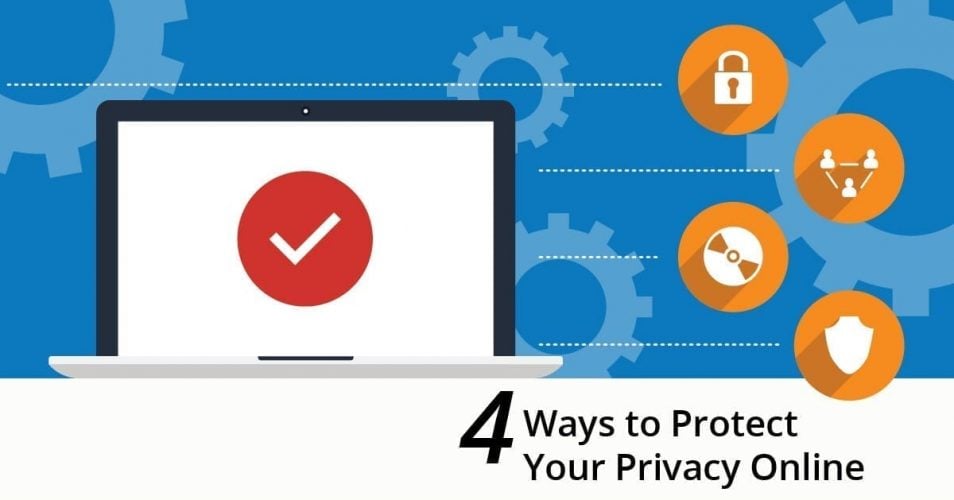
From search history to clicking habits to name and address, total ambiguity online is hard to come by. But there are several ways to make your online presence anonymous. Here are just a few:
Use Additional Software
If the tracking software exists, you better believe it also exists to block tracking. If you are using Firefox, Chrome, or Opera as your browser, you could consider installing the HTTPS Everywhere extension. It basically works by encrypting any communication you send out while also ensuring your connections are secure.
Update Browser Settings
Another simple way to control your traceability online is to turn to your settings. There are a couple of things to you can do. First, Extreme Tech believes that you should block all third-party cookies if you are worried about privacy. Why? Because this is the main way that advertisers track which sites you are visiting. Additionally, most browsers, like Firefox, have a simple “Do Not Track” button under their privacy options.
Choose Another Search Engine
While some search engines track all of your queries for the sake of analytics & advertising, that doesn’t have to be the case. If you are searching for something you would rather not be traced back to you, consider visiting a site like DuckDuckGo first. Since it pulls from Google and Bing, you will still get relevant results, but it won’t store any of your information or search history.
Make IP Address Invisible
There’s the option to make your IP address anonymous, which is what programs like Private Internet Access do. Instead of sharing your IP address—and all of the identifying information that goes along with it— you can browse online without having to worry about your IP address being visible.
Does this seem like a lot of work just to remain anonymous online? Yes, it is. So is it really necessary? In most cases, no it’s not. Unless you are searching for something that may incriminate you in a court of law, you probably have nothing to worry about.
Even though it may seem weird that companies have access to personal data, it’s important to realize that they really don’t look at your information on its own. They care about their data as a whole. While they do want to learn what makes you buy something, you shouldn’t worry about them stalking you.
While you can certainly take the above steps to help protect your privacy online, companies who save bits of information on you are not out to get you; they just want to improve their marketing efforts and collecting this data is the best way to do so.





